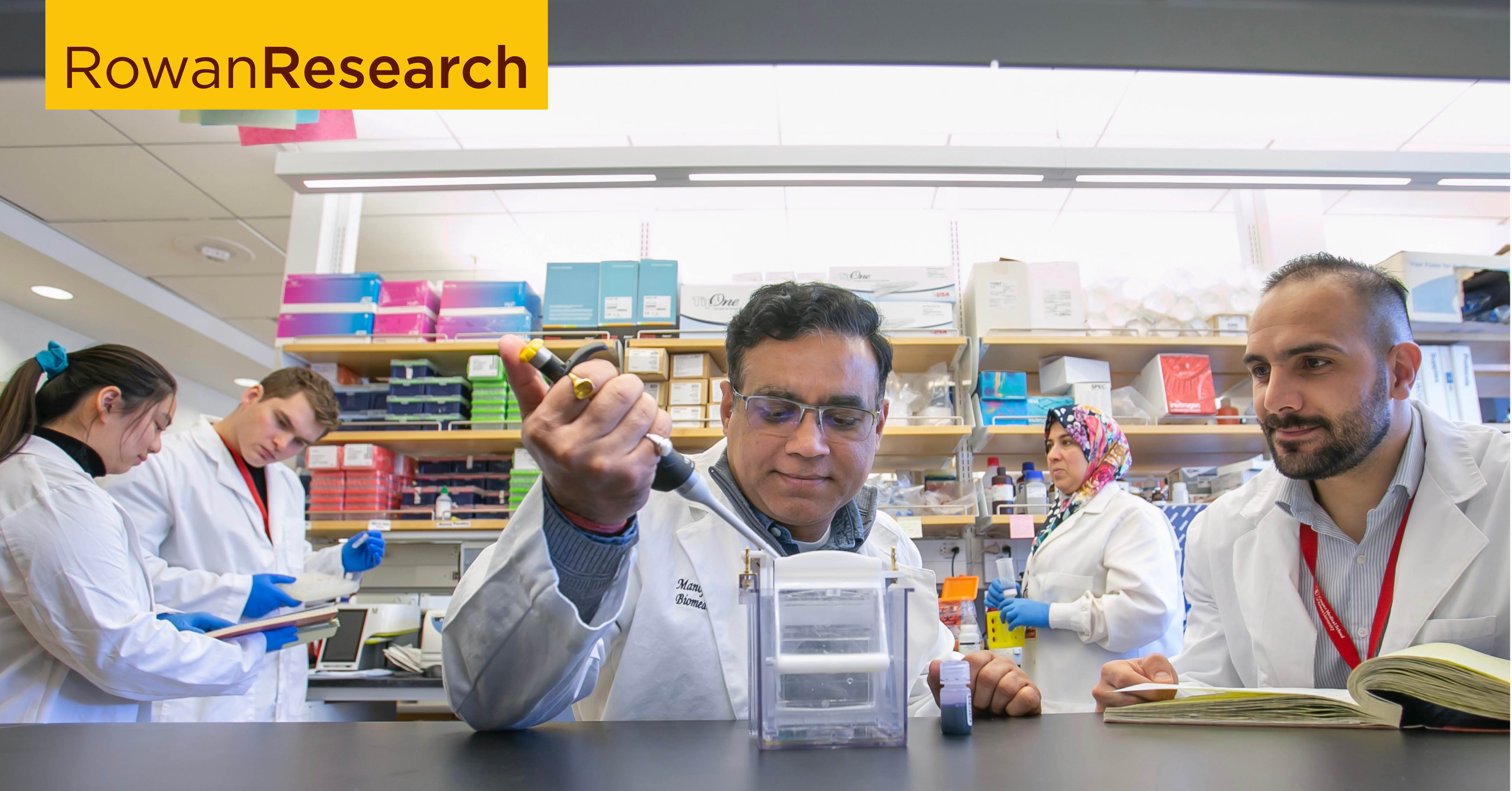Could bone marrow help explain cancer relapse?
Could bone marrow help explain cancer relapse?

Multiple myeloma is a cancer of the plasma cells in a person’s blood that manifests first in bone marrow. Diagnosed in patients aged 50 and older, the disease causes abnormal growth in these white blood cells, commonly leading to bone loss, bone pain, anemia, high levels of antibodies in the blood and kidney problems.
Manoj Kumar Pandey, Ph.D., an associate professor of biomedical sciences at Cooper Medical School of Rowan University, is studying the bone marrow microenvironment in search of new ways to target cancer cells—and, ultimately, prevent disease relapse.
Manoj Kumar Pandey, Ph.D.
Cancer biologist
Areas of expertise:Cancer therapeutics, cancer prevention, tumor microenvironment, inflammatory signaling pathways
More information“I got into studying multiple myeloma because, while we have a lot of drugs approved by the FDA, no matter what you do, every single patient relapses. Cancer cells come back and when they relapse, cells are a more aggressive phenotype, so the drugs do not work,” Pandey explained. The five-year survival rate is at about 55% of patients.
Pandey’s research focuses on ways to inhibit tumor growth in the bone marrow microenvironment, understanding the cell receptors and pathways that encourage and regulate tumor growth and, lastly, targeting stem cells to control bone loss.
An additional aspect of the research seeks to block cancerous plasma from circulating back into the bone marrow microenvironment where it is enriched with disease. Cancer cells in the bloodstream are more easily targeted by chemotherapy agents. This inhibitor would help reduce the number of infectious cells circulating through the body.
The interdisciplinary work has involved collaborations with computer docking and bioinformatics specialist Dr. Yong Chen at Rowan University’s College of Science & Mathematics; colleagues in the Department of Pharmacology at Penn State College of Medicine; clinician Dr. Tulin Budak-Alpdogan of MD Anderson Cancer Center at Cooper; and Dr. Subash Jonnalagadda, head of Rowan University’s Department of Chemistry & Biochemistry.
Rowan University researchers are passionate about what they do. Find more at Meet Our Researchers.